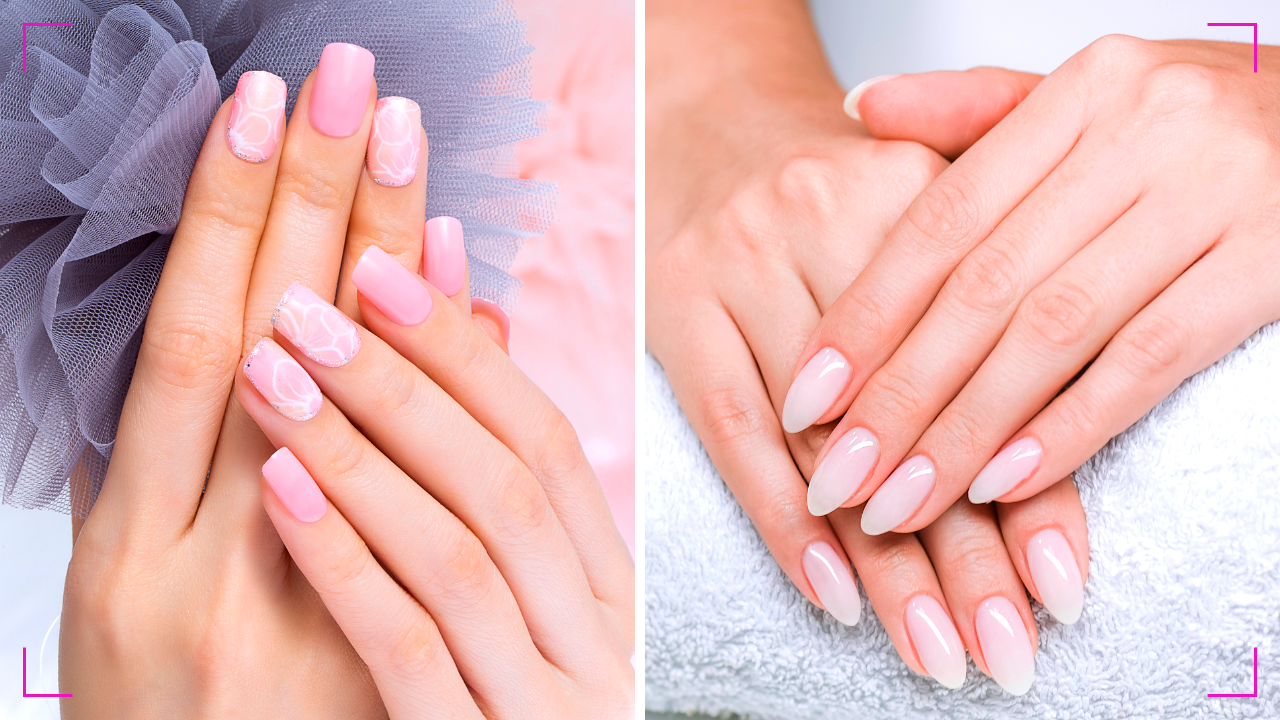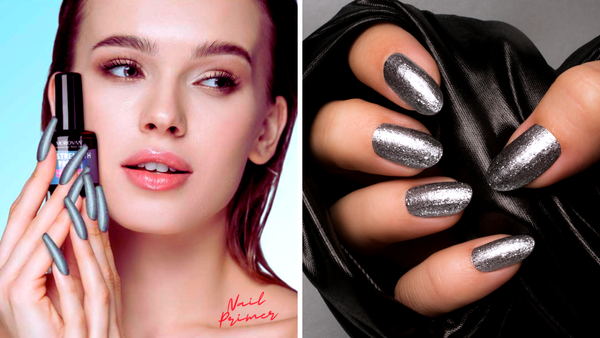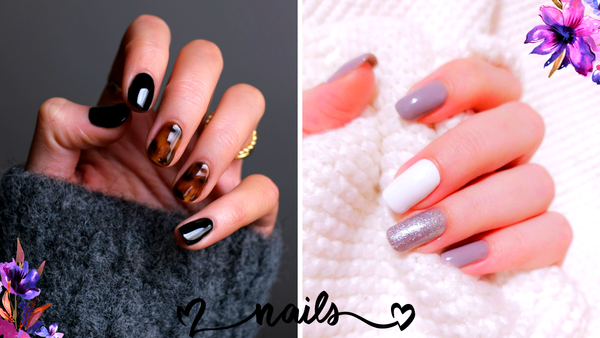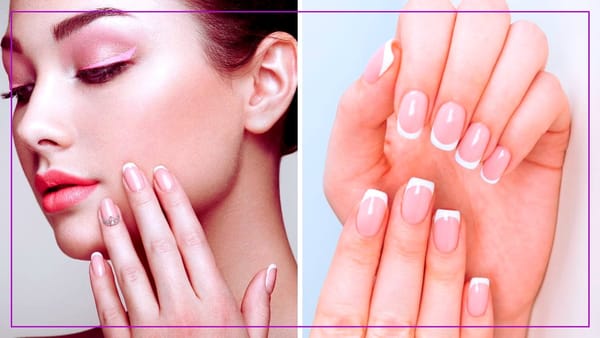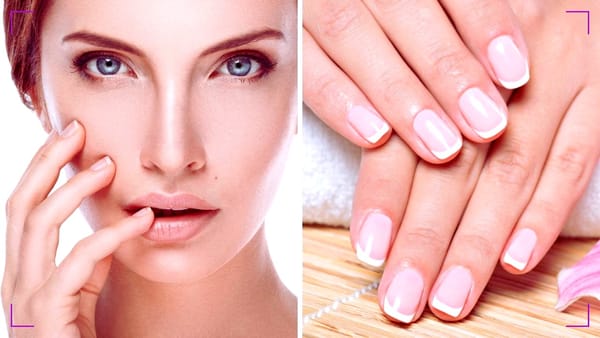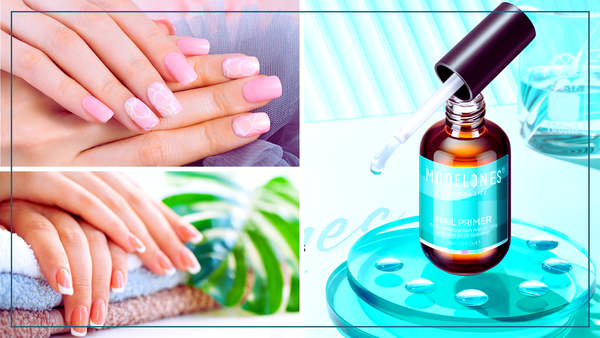Key Takeaways:
- Skipping nail primer can lead to poor adhesion, lifting, or peeling nail enhancements.
- The longevity and appearance of gel nails, acrylic nails, and gel polish can be compromised without proper nail preparation.
- A nail primer is essential for problematic nail plates to ensure a strong bond and a lasting manicure.
The Role of Nail Primer in Manicures
When applying acrylic nails or gel polish, preparing the natural nail plate is crucial. Nail primers are designed to create a perfect canvas for nail enhancements by dehydrating the nail bed and removing oils that could prevent adhesion. Think of a nail primer as double-sided sticky tape; it ensures that whatever you apply on top sticks firmly and lasts longer.
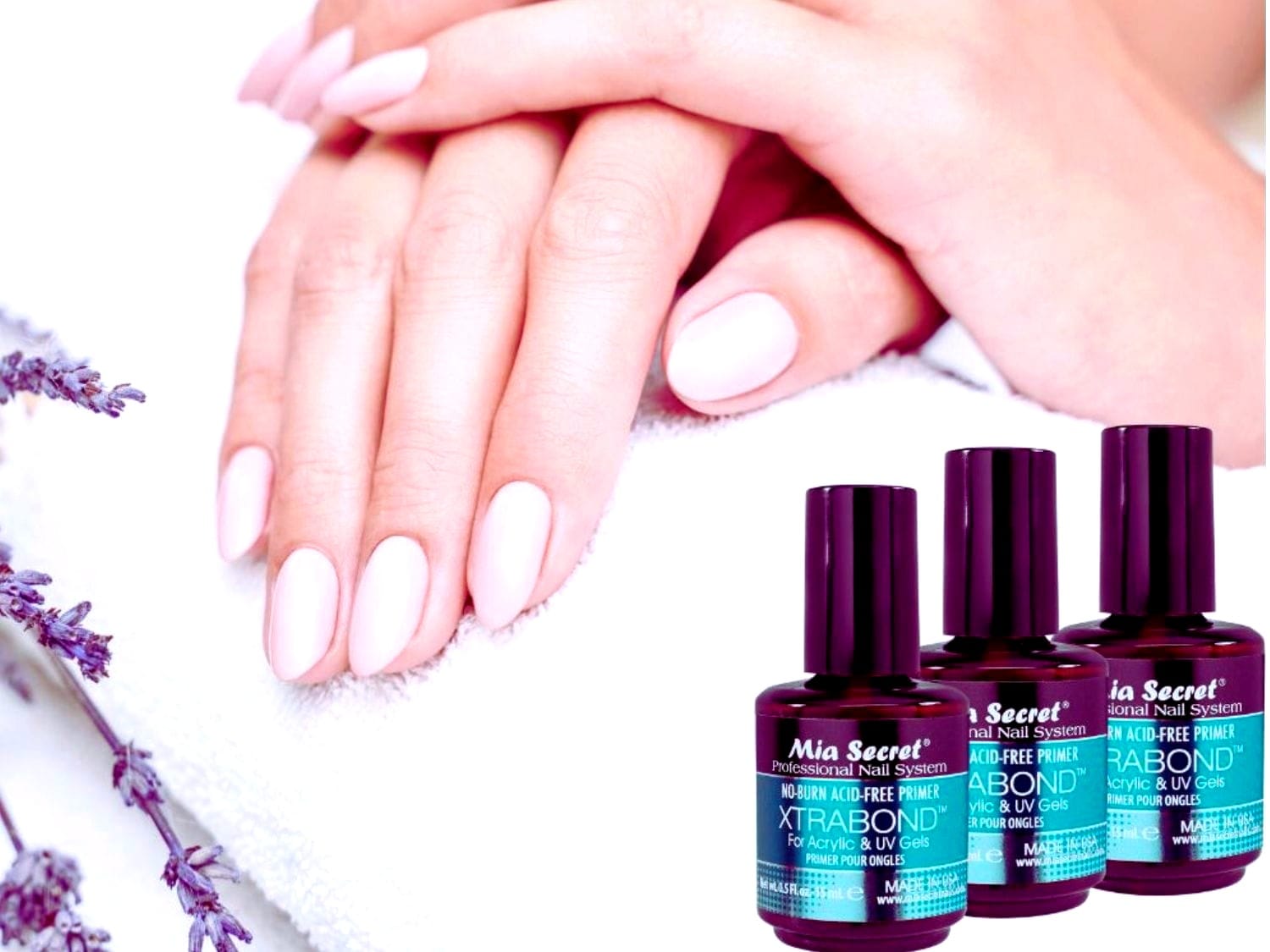
Without a primer, you're essentially risking the durability of your manicure. The natural oils present on the nail plate can act as a barrier between the nail bed and the product, leading to a weaker bond. This is why nail technicians stress the importance of a good base coat, which often contains chemicals that promote adhesion.
The Consequences of Skipping Primer
What happens if you don't use nail primer? The most immediate issue is lifting. Without a primer, nail enhancements like gel nails and acrylics may start to lift from the natural nail plate within a few days. This not only looks unsightly but can also lead to moisture getting trapped under the enhancement, potentially causing nail infections.
Another consequence is chipping. Regular nail polish and gel manicures rely on a strong bond to the natural nail to prevent chipping. Without a primer, you may find your polish gel coat or acrylics chipping much sooner than expected, which can be frustrating and time-consuming to repair.
Acid vs. Acid-Free Primers
There are two types of nail primers: acid primers and acid-free primers. Acid primers work by etching the surface of the natural nail, creating a rougher surface for better adhesion. However, they contain methacrylic acid, which can be harsh on the skin and nails if not used correctly.
On the other hand, acid-free primers are gentler and work by removing oils and creating a sticky surface without the aggressive chemicals. For clients with sensitive skin or those who prefer a less aggressive approach, acid-free primers like Gelish Pro Bond are a suitable option.
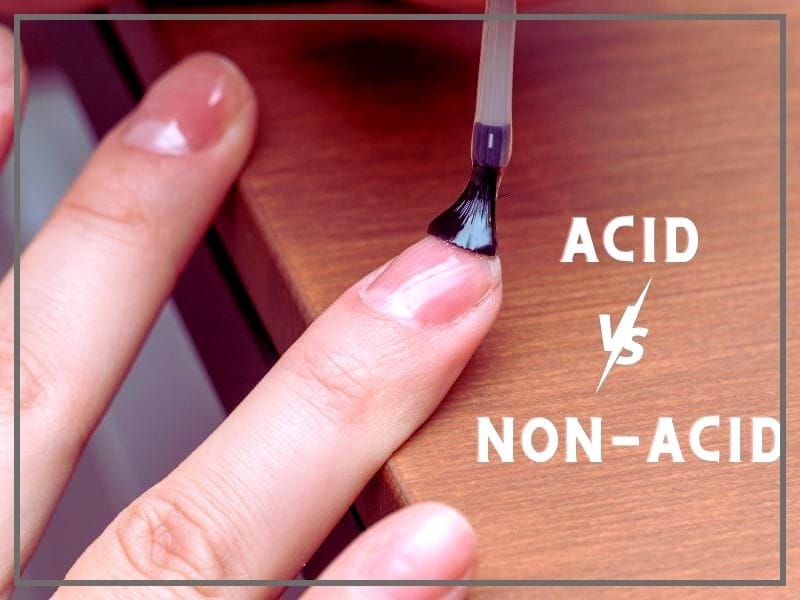
The Importance of Proper Preparation
Proper preparation is not just about applying primer; it's also about ensuring the natural nail is ready to bond with the enhancement. This includes performing a dry brush of the nail to remove dust or debris and ensuring the nail remains sticky after primer application for the best adhesion.
Skipping these steps can lead to a compromised foundation for your nail enhancements. Even the best primer won't perform well if the natural nail plate isn't prepped correctly. It's like trying to paint over a dusty surface—the paint won't stick, and the finish will be flawed.
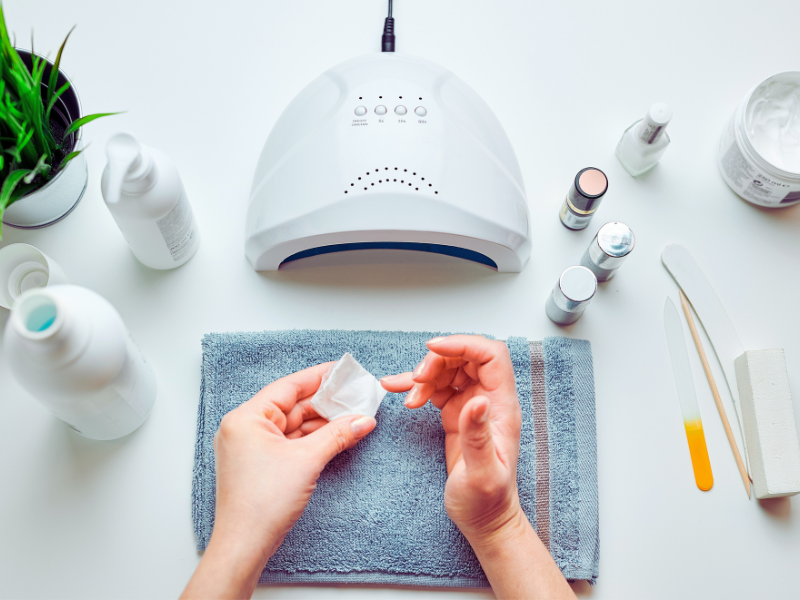
The Impact on Problematic Nail Plates
For clients with problematic nail plates, such as those that are oily or have a tendency to lift, the need for a primer is even greater. These nails require a strong bond to ensure the enhancements stay put. Without a primer, technicians may do repairs more often than necessary, which can be time-consuming and costly.
A primer ensures that even the most challenging nails have the best chance at a lasting manicure. It's an essential step in the nail care routine that shouldn't be overlooked, especially for those with problematic nails.
The Science Behind Nail Primers
Nail primers work by altering the pH level of the natural nail, making it more compatible with the acrylic or gel. They also help remove moisture from the nail plate, essential for a strong bond.
When you skip the primer, you miss out on this crucial chemical process that ensures your enhancements adhere properly. It's like trying to glue two pieces of plastic together without first treating the surfaces to make them stick.
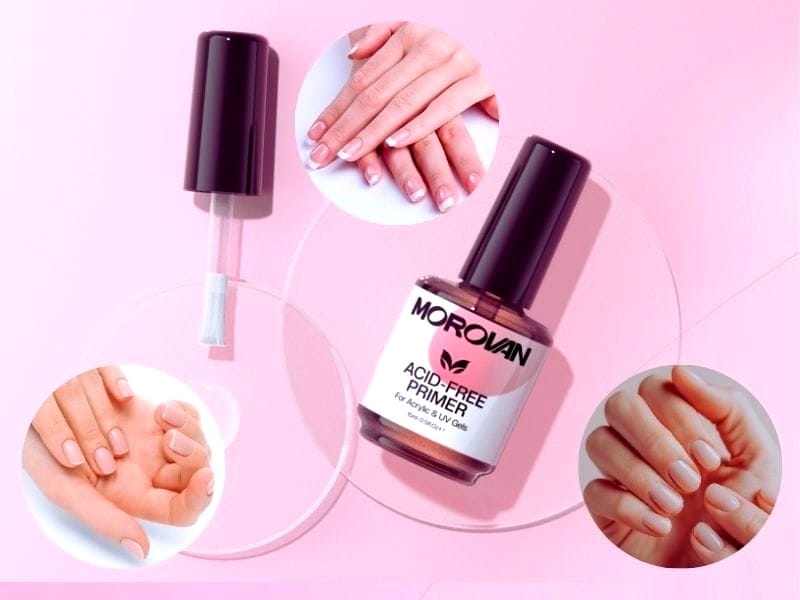
The Longevity of Your Manicure
Without a primer, you may notice that your gel manicures or acrylic nails don't last as long as they should. A good base coat, which often includes a primer, is key to extending the life of your manicure. It's the difference between a manicure that lasts a few days and several weeks.
The longevity of your manicure is directly related to the preparation of the nail plate and the use of a quality primer. It's an investment in the time and money you spend on your nails.
Alternatives to Traditional Primers
Some may wonder if there are alternatives to traditional nail primers. While there are products like double-sided adhesive tabs or double-prim nail techniques, these are generally not as effective as a liquid primer.
These alternatives may work for temporary applications or for those who are allergic to traditional primers, but for long-term wear, a proper liquid primer is recommended. It's about finding the right balance between nail health and manicure longevity.
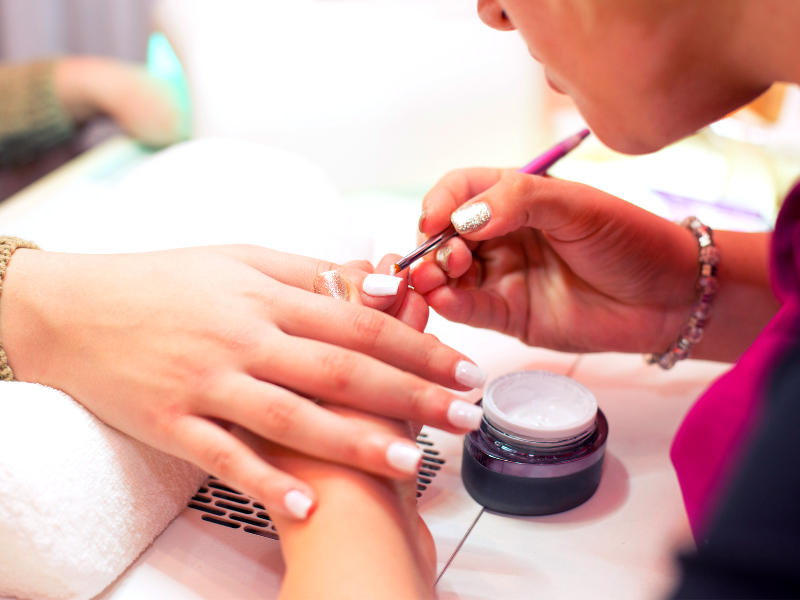
Summary
In summary, using a nail primer is a non-negotiable step in nail enhancement. It ensures better adhesion, prevents lifting and chipping, and extends the manicure's life. Whether you choose an acid or an acid-free primer, the key is not to skip this crucial step. Proper preparation, including the use of a primer, is the foundation of a long-lasting, beautiful manicure.
FAQ Section
Can I just use a base coat instead of a primer?
While a base coat is important, it's not a substitute for a nail primer. A primer specifically prepares the nail plate for adhesion, while a base coat provides a foundation for the color. For the best results, both should be used in conjunction.
Are there any natural alternatives to nail primers?
There are no natural alternatives that offer the same effectiveness as a chemical nail primer. However, for those looking for a gentler option, acid-free primers are available and provide a less aggressive approach to nail preparation.
How do I know if I need a primer for my nails?
If you apply any nail enhancement, such as gel polish, acrylic nails, or gel nails, you need a primer to ensure proper adhesion and longevity of the manicure. It's especially important for those with problematic nail plates prone to lifting or oiliness.
